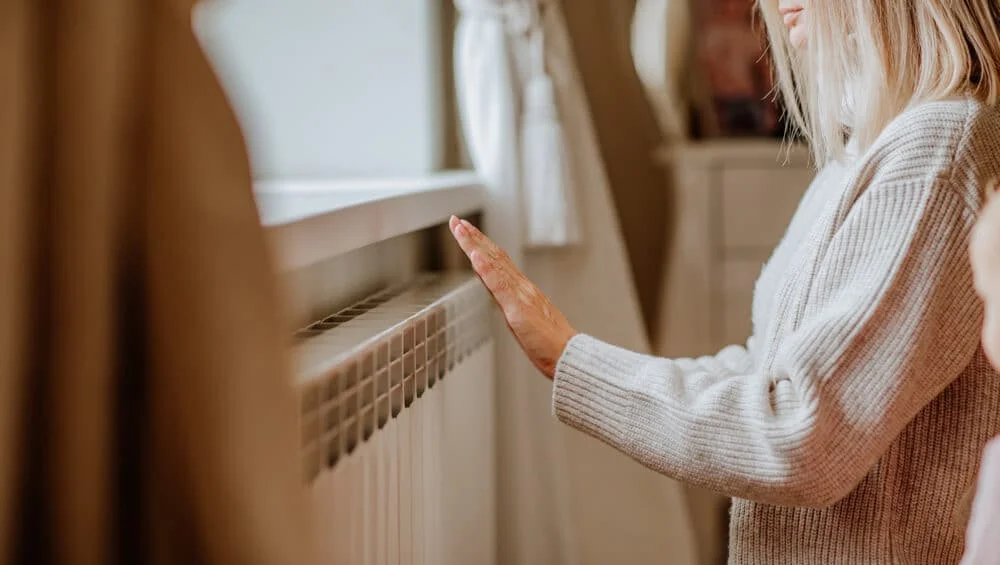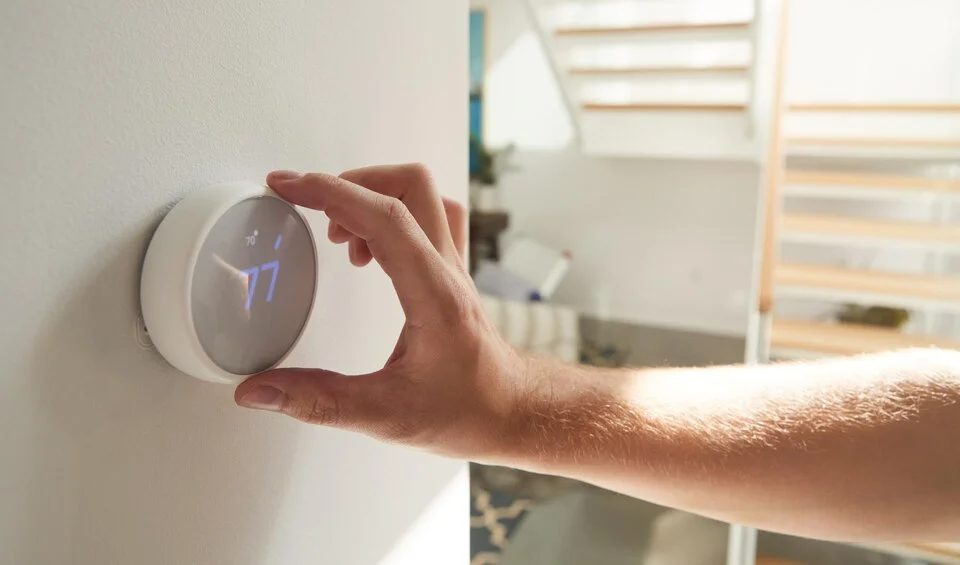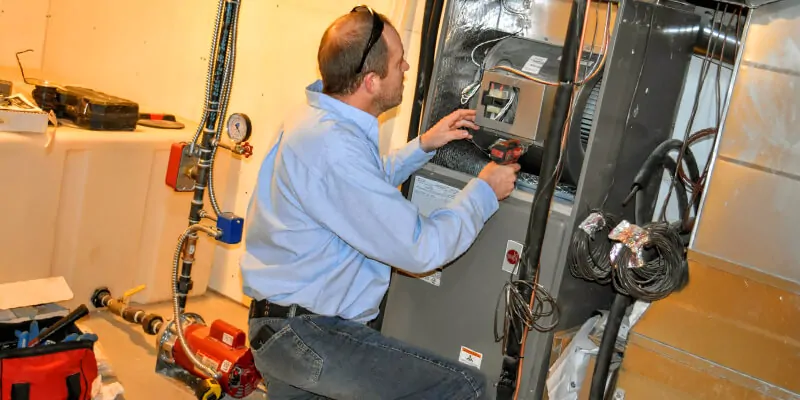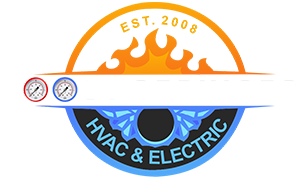TL;DR Summary for Those in a Hurry:
- Maintaining Your Heating System For Winter shows you simple steps to prepare your heater for colder months, improve performance, and avoid breakdowns.
- Learn routine tasks like changing filters, checking thermostats, and inspecting vents to keep your system running efficiently.
- The guide highlights safety checks and when to call a professional for deeper maintenance.
- Use these tips to boost comfort, extend system life, and reduce costly repairs during peak winter use.

As winter approaches in Pasadena, ensuring your heating system is in optimal condition becomes paramount. There’s nothing quite like the comfort of a warm home on a chilly day, and maintaining your heating system is crucial to achieving that cozy atmosphere. Many homeowners begin focusing on Maintaining Your Heating System For Winter to avoid unexpected issues during the colder months. At BOOST SERVICES, we understand the importance of a reliable heating system and are committed to providing top-notch HVAC solutions. Let’s explore the top five tips to keep your heating system running smoothly this winter, ensuring efficiency, safety, and peace of mind.
Table of Contents
1. Top Winter Heating System Tips for Pasadena Homeowners
Before winter sets in, it’s essential to have your heating system inspected by a professional. An expert inspection can identify potential issues early, preventing unexpected breakdowns when you need your heater the most. Our team at BOOST SERVICES offers thorough inspections, ensuring that every component of your system is functioning correctly. From checking the thermostat to examining the heat exchanger, we cover all bases to keep your heater running efficiently.
The Importance of Professional Insight
Professional inspections are vital for maintaining the longevity and efficiency of your heating system. Technicians can spot wear and tear that might not be visible to the untrained eye. Regular inspections help prevent problems like the heater not turning on, furnace not kicking on, or the heat not coming on in your house. This proactive approach not only saves you money on potential repairs but also extends the lifespan of your system.
Components Checked During an Inspection
During a professional inspection, several key components of your heating system are examined. This includes the thermostat, which is essential for maintaining the correct temperature settings, and the heat exchanger, which is crucial for safety and efficiency. Other parts such as the blower motor, electrical connections, and ductwork are also scrutinized to ensure everything is in working order.
Scheduling Your Inspection
Timing is everything when it comes to scheduling your professional inspection. Ideally, you should arrange for an inspection in early fall, before the cold weather sets in. This allows ample time to address any issues found during the inspection. If you haven’t scheduled your inspection yet, it’s not too late. Late inspections are better than no inspections at all, and it’s always wise to catch small issues before they become major problems.
2. Replace or Clean Filters Regularly
One of the simplest yet most effective ways to maintain your heating system is by regularly replacing or cleaning the filters. Dirty or clogged filters restrict airflow, causing your system to work harder, which can lead to higher energy bills and a reduced lifespan of your equipment.
Understanding Filter Types
Understanding the different types of filters available can help you make the best choice for your home. Common types include fiberglass filters, pleated filters, and HEPA filters. Each type has its own advantages and disadvantages, affecting factors such as cost, air quality, and frequency of replacement. Selecting the right filter for your home is an important step in maintaining your heating system.
Signs It’s Time to Change Your Filter
Knowing when to change your filter can significantly impact your system’s efficiency. Some signs that it’s time to replace or clean your filter include visible dirt and dust on the filter, increased allergy symptoms, and a noticeable drop in heating efficiency. If you notice these signs, it’s time to check your filters and replace them if necessary.
Benefits of Regular Filter Maintenance
Regular filter maintenance offers numerous benefits beyond just system efficiency. Clean filters improve indoor air quality by trapping dust, pollen, and other allergens. This is especially important in households with pets or residents with allergies. Moreover, regular maintenance helps prevent more serious issues such as system overheating or failure, ensuring your home remains warm and comfortable throughout the winter.
3. Ensure Proper Ventilation
Proper ventilation is crucial for the safe and efficient operation of your heating system. Blocked vents can lead to a range of issues, including the heat not working in the house or the heater stopping working altogether.
Identifying Ventilation Issues
Identifying ventilation issues early can prevent more serious problems down the line. Common signs of poor ventilation include uneven heating throughout your home, increased humidity levels, and a persistent musty smell. Addressing these issues promptly can improve system performance and enhance comfort levels.
Simple Ways to Improve Ventilation
Improving ventilation doesn’t have to be complicated or expensive. Start by walking around your home and ensuring that all vents are free from obstructions like furniture, drapes, or rugs. Regularly cleaning vents and ducts can also improve airflow. Additionally, consider using fans to help circulate air and prevent stale air from accumulating.
The Impact of Ventilation on Safety
Proper ventilation plays a critical role in ensuring the safety of your heating system. Blocked vents can lead to a buildup of carbon monoxide, a dangerous and potentially deadly gas. Ensuring that your vents are clear and functioning correctly not only improves efficiency but also protects your household from health risks associated with poor ventilation.
4. Test Your Thermostat
A malfunctioning thermostat can be a common reason for heating issues. If your thermostat is not functioning properly, it might not signal the heater to turn on, leading to situations where the heat does not kick on or the furnace won’t turn on.

Common Thermostat Problems
Several common problems can affect your thermostat’s performance. These include incorrect settings, a dead battery, or issues with the wiring. Understanding these issues can help you diagnose and fix problems quickly, restoring your heating system’s functionality.
DIY Thermostat Testing
Testing your thermostat is a straightforward process that you can often do yourself. Begin by setting your thermostat to a few degrees higher than the current room temperature. If the heater doesn’t start, check the thermostat’s power source and settings. Sometimes, a simple battery replacement can solve the issue. For more complex problems, consider reaching out to a professional for assistance.
Upgrading to a Smart Thermostat
Consider upgrading to a smart thermostat for improved control and efficiency. Smart thermostats allow you to program heating schedules, remotely adjust temperatures, and monitor energy usage. This can lead to significant energy savings and a more comfortable home environment. If you’re interested in upgrading, our team at BOOST SERVICES can help you select and install the right model for your needs.
5. Keep the Area Around Your Heating System Clear
The area around your heating system should be free from clutter and debris. This not only ensures efficient operation but also minimizes the risk of fire hazards.
Recognizing Hazardous Clutter
Recognizing hazardous clutter around your heating system is the first step in maintaining a safe environment. Items such as boxes, cleaning supplies, and flammable materials should be kept at a safe distance from your heating unit. Regularly inspect the area and clear away any potential obstructions to ensure optimal safety and efficiency.
The Role of Clearance in Performance
Obstructions around your heating system can restrict airflow and impede performance, leading to potential issues like why your gas heater is not turning on or why the heat is not kicking on in your house. Keeping the area clear ensures that your system has the ventilation it needs to operate safely and efficiently. This simple step can significantly improve your heating system’s longevity and performance.
Best Practices for System Maintenance
In addition to keeping the area clear, there are several best practices for maintaining your heating system. Regularly check for signs of wear and tear, schedule routine maintenance, and educate household members about the importance of keeping the area around the system clear. These practices contribute to a more efficient and safe heating system, providing peace of mind throughout the winter months.

Conclusion
Maintaining your heating system is crucial for a comfortable and safe winter in Pasadena. By following these tips, you can prevent common issues such as the heater not turning on or the furnace not coming on. Regular maintenance not only keeps your system running smoothly but also enhances its efficiency and lifespan.
At BOOST SERVICES, we are dedicated to providing reliable heating solutions and exceptional customer service. Whether you’re facing a heating emergency or looking to schedule routine maintenance, our experienced team is ready to help.
Feel free to contact us at 818-277-5056 or 747-264-6358 for all your HVAC needs. Trust us to keep your home warm and comfortable this winter.
Maintaining Your Heating System For Winter gives practical, actionable tips to get your heating ready for cold weather. Following this advice helps ensure reliable warmth, lower energy use, and fewer unexpected issues.
FAQ:
Why is winter maintenance important for my heating system?
Regular winter heating maintenance helps your system run efficiently, prevents breakdowns during peak use, and can extend the life of your equipment by catching small issues early.
How often should I replace or clean my air filters?
You should check and replace or clean air filters every 1–3 months, especially before and during winter, to ensure good airflow and prevent strain on the system.
What routine checks should I do before winter starts?
Before winter, inspect and clean vents and ductwork, test your thermostat, and consider a professional HVAC tune‑up to confirm everything is ready for colder weather.
Can blocked vents or ducts affect heating performance?
Yes — blocked or dirty vents restrict airflow, making your system work harder, reducing efficiency, and causing uneven heating throughout your home.
Should I schedule professional maintenance every year?
It’s recommended to have a professional HVAC technician inspect your system annually before winter — they can check components like burners, controls, and ducts to ensure safe and reliable operation.
What small actions can I take to improve heating efficiency?
Simple steps like vacuuming vents, clearing debris, sealing drafty windows, and testing your thermostat can improve comfort and reduce energy costs throughout winter.

